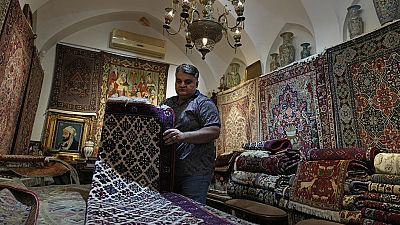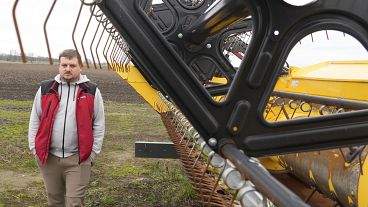ZURICH (Reuters) - The Swiss attorney general's office (OAG) on Monday announced it was returning 130 million Swiss francs (105 million pounds) to Uzbekistan which it seized during an investigation involving a relative of the daughter of the country's former president Islam Karimov.
The OAG did not name the relative who was convicted on Monday in the Swiss Federal Criminal Court of charges related to opening a web of bank accounts in a bid to hide the identity of the money's true owner, Gulnara Karimova, the eldest daughter of the now-deceased president.
The relative, who was fined 390,000 francs by the Swiss court, is serving a multiple-year prison term in Uzbekistan, the OAG said.
"The person convicted was particularly active between 2004 and 2013, opening bank accounts on behalf of companies in order to fragment the money transfers and prevent the origin and actual destination of the funds from being identified," the office said.
"He also signed false bank documents in order to conceal the identity of the true owner of the funds, Gulnara Karimova."
Switzerland said the sum being returned was seized during its scrutiny of suspected money laundering by Gulnara Karimova's personal assistant, the general manager of the Uzbek subsidiary of a Russian telecommunications company.
Criminal proceedings were later extended to Karimova herself, as well as the relative convicted in Switzerland on Wednesday.
Switzerland is continuing a related criminal investigation against five individuals in which another 650 million francs have been frozen, the OAG said, adding further details about progress in that case cannot be released.
The Harvard University-educated Karimova, who was once her country's United Nations representative in Geneva but who has not been seen publicly in several years, was sent to prison in Uzbekistan in March for violating terms of her house arrest.
She was also indicted by the United States this year as part of an Uzbek corruption scheme in which she is accused of using her official position to solicit $865 million in bribes from three telecommunications companies.
(Reporting by John Miller; editing by John Stonestreet and Ed Osmond)



